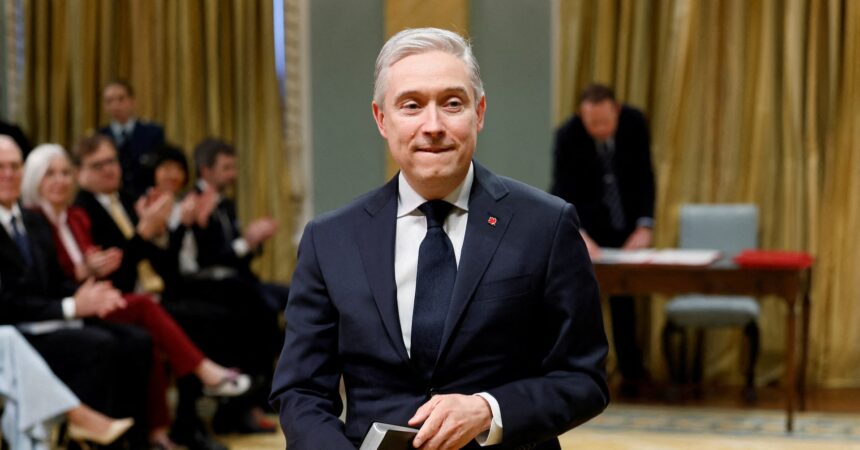In a significant shift from traditional fiscal planning, Canada’s Finance Minister Chrystia Freeland confirmed Wednesday that the government will not present a comprehensive budget for the 2025-2026 fiscal year, opting instead for a streamlined financial update. This announcement comes amid mounting economic pressures and widespread speculation about the country’s fiscal direction following recent policy initiatives.
“We will be tabling a budget implementation bill this fall to fulfill outstanding budget commitments,” Freeland stated during parliamentary proceedings when questioned about the government’s financial roadmap. The minister emphasized that the focus would remain on implementing existing promises rather than introducing new major fiscal changes.
The decision marks a notable departure from Canada’s standard budgetary process, where full economic blueprints are typically presented annually. According to economic analysts at the CO24 Business desk, this approach signals the government’s cautious stance as Canada navigates persistent inflation concerns and uncertain global markets.
Political observers from CO24 Politics note that the Liberal government, which has been governing with support from the New Democratic Party since 2021, faces increasing scrutiny over its handling of the economy. Opposition parties swiftly criticized the move, with Conservative finance critic Jasraj Singh Hallan describing it as “utter fiscal irresponsibility” and demanding a complete accounting of government spending plans.
The timing of this decision is particularly noteworthy as Canada approaches a federal election, which must be called by October 2025. Finance Ministry officials, speaking on condition of anonymity, indicated that the government’s fiscal strategy is designed to maintain stability during this pre-election period while addressing immediate economic challenges.
“This isn’t about avoiding fiscal transparency,” explained Dr. Elaine Chambers, economist at the Canadian Center for Policy Alternatives. “Rather, it reflects the reality that long-term planning has become increasingly difficult in today’s volatile economic environment.”
Economic data from Statistics Canada shows that while inflation has moderated from its 2022 peaks, housing affordability remains a critical concern across the country. The Bank of Canada’s recent interest rate decisions have had mixed effects on household finances, as documented in recent Canada News analysis.
The budget update, expected later this year, will likely focus on implementing previously announced measures including the national pharmacare program, housing initiatives, and clean technology investments. These priorities align with commitments made to maintain parliamentary support from the NDP.
International observers from the OECD and IMF have closely monitored Canada’s fiscal approach, particularly as other G7 nations adjust their own economic strategies in response to shifting global conditions. As covered in our World News section, Canada’s approach stands in contrast to more aggressive fiscal consolidation seen in some European economies.
As Canadians await further details on this financial update, one question remains paramount: Will this streamlined approach to fiscal planning provide the economic certainty the country needs, or does it simply postpone difficult decisions until after voters head to the polls?



















